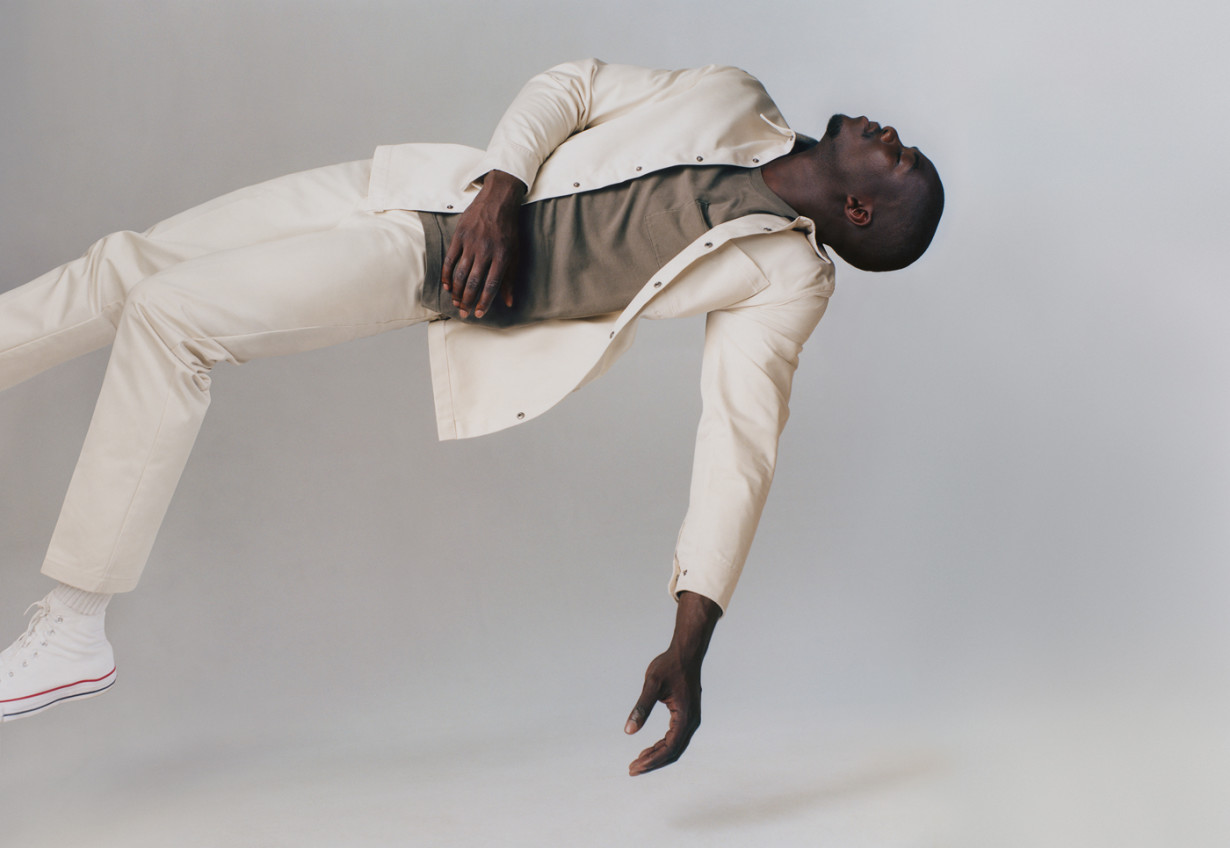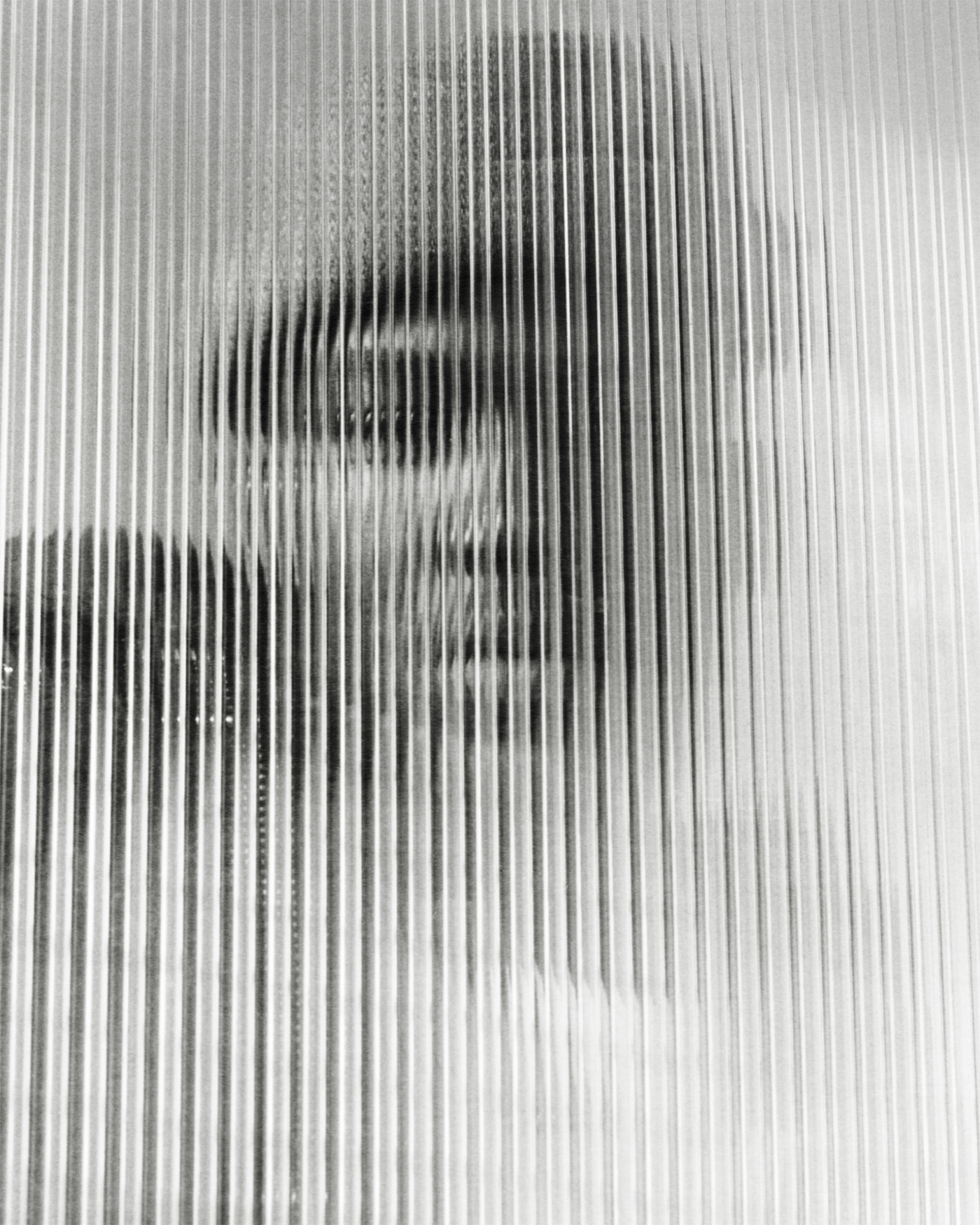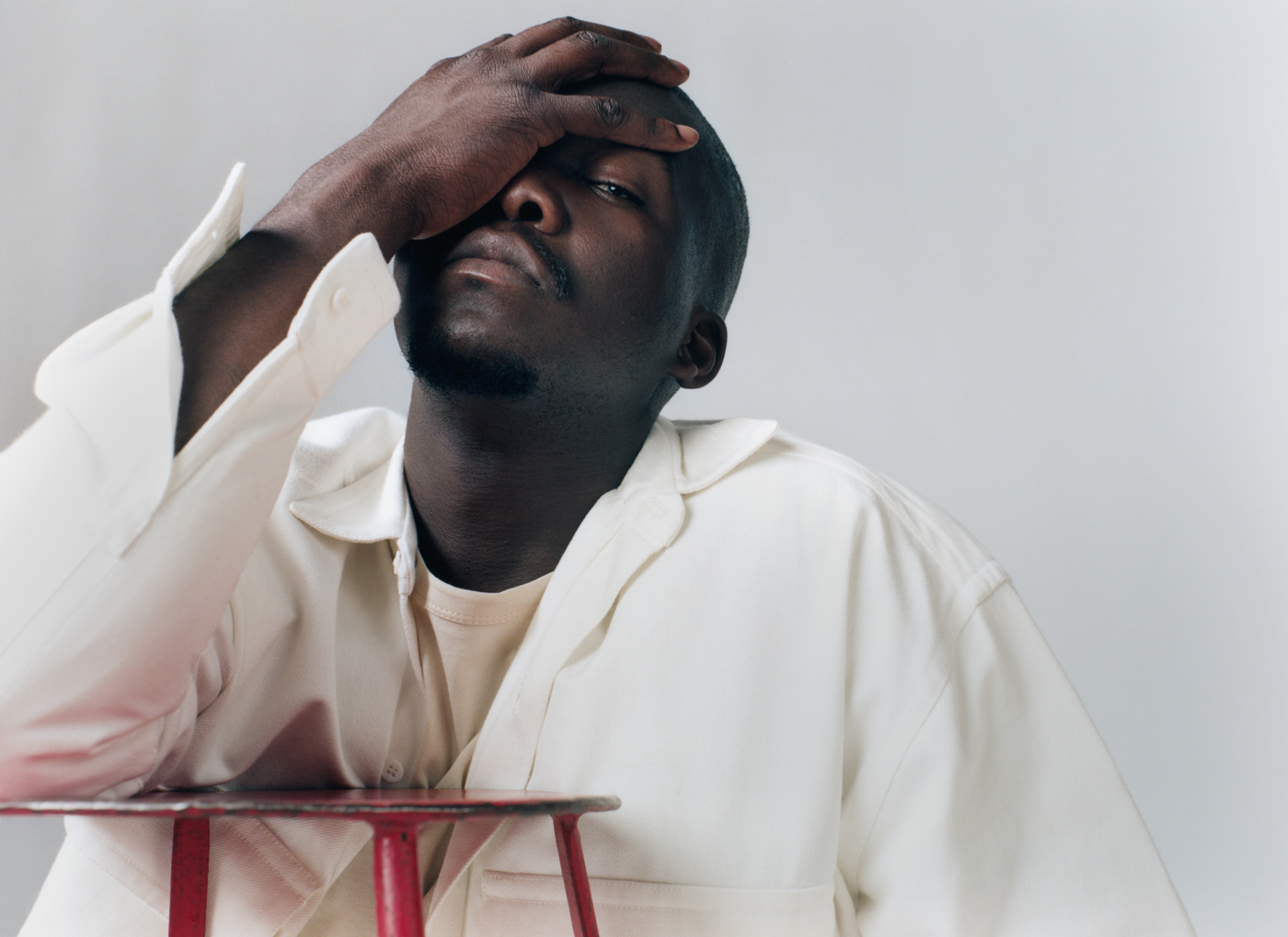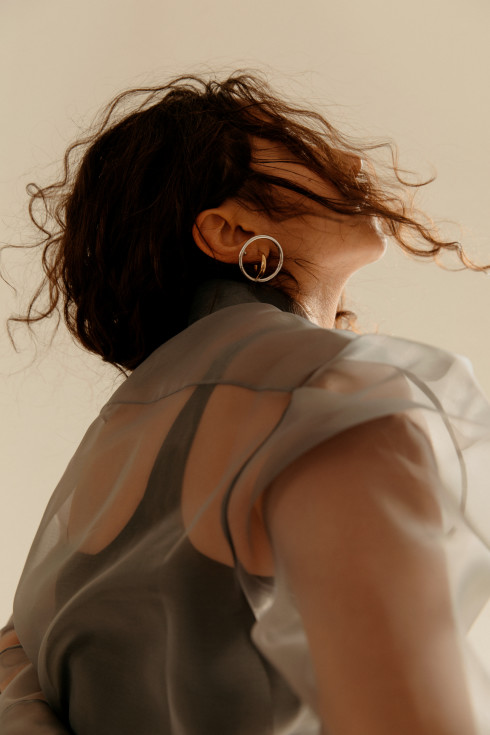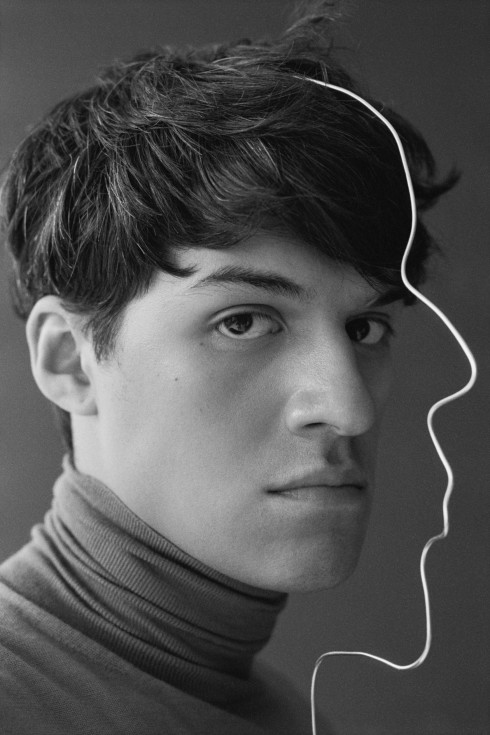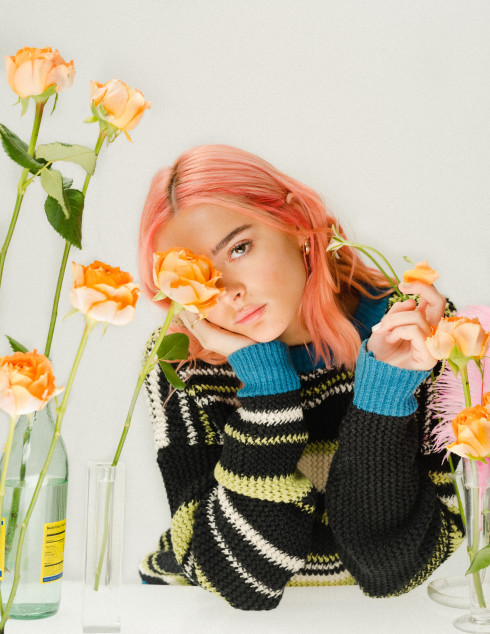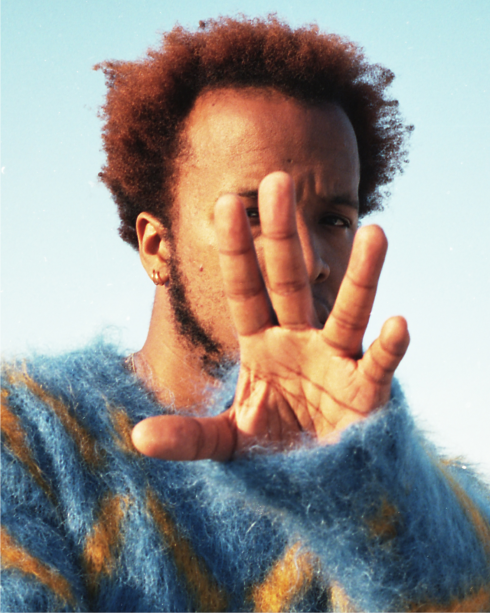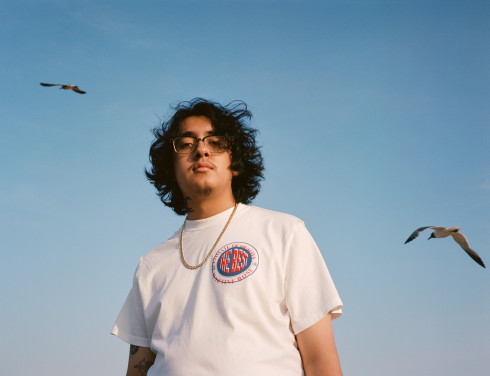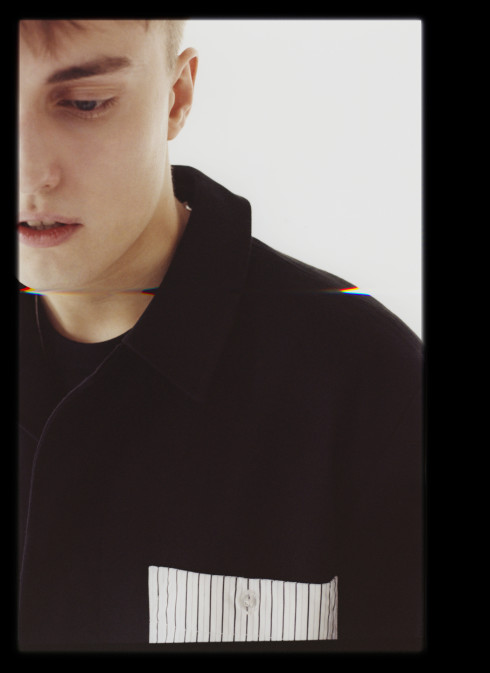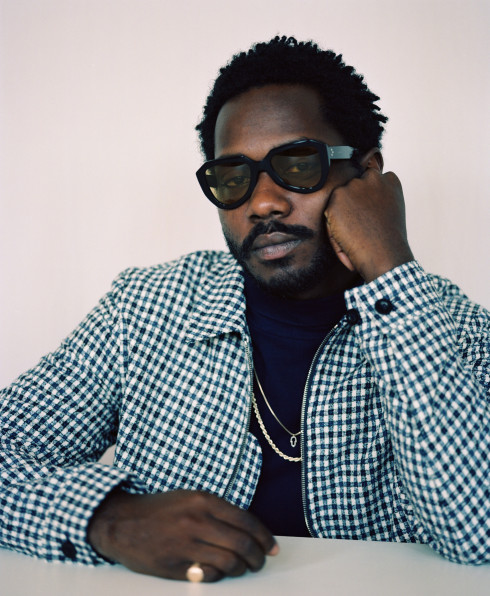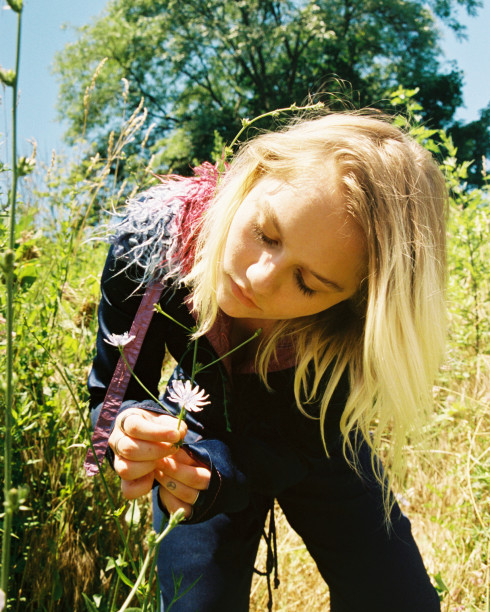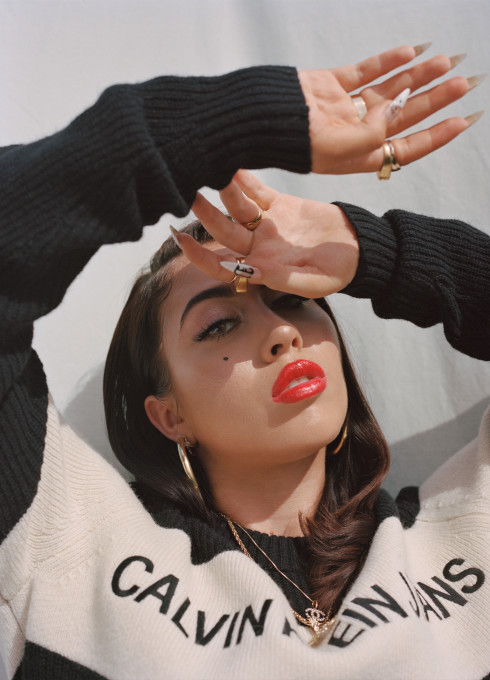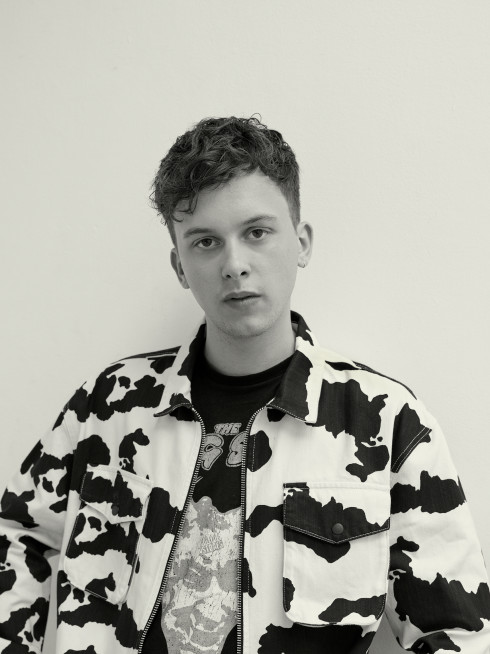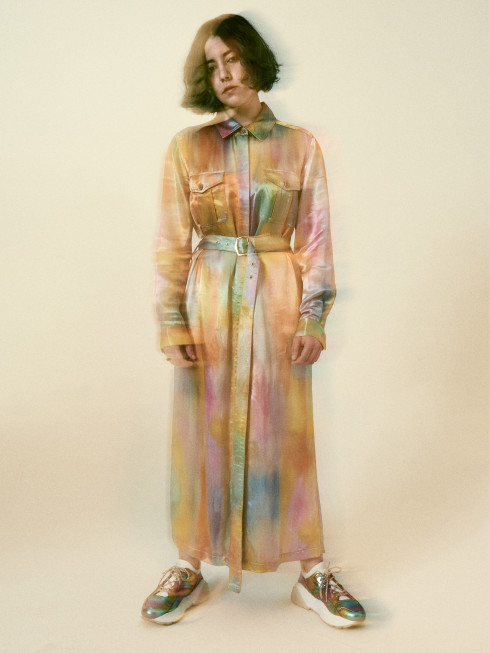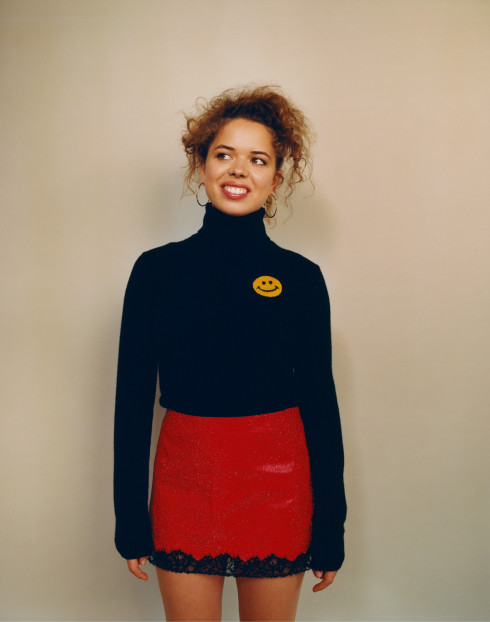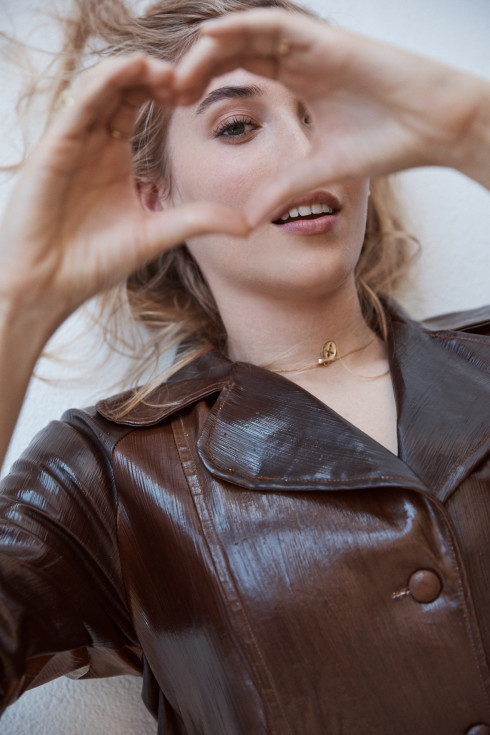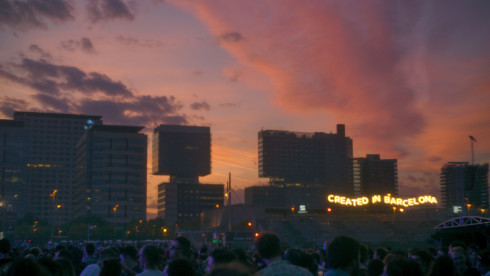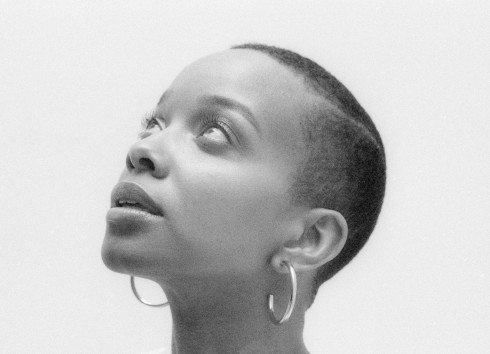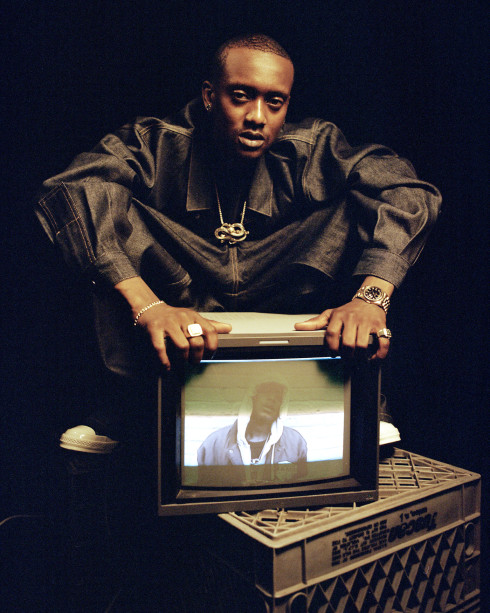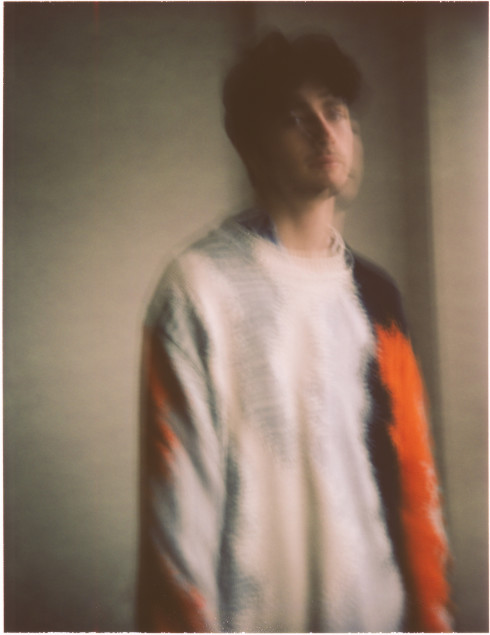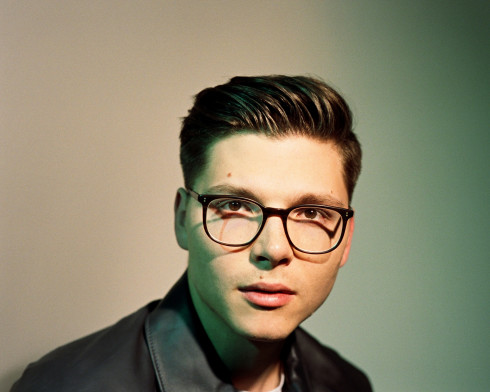- By
- Zachary Sniderman
- Photography by
- Andrew Vowles
Styling by Jason Hughes at LGA Management. Grooming by Roxane Attard. Photographer’s assistants: Willow Williams and Mark Simpson. Stylist’s assistant: Nathan Henry. Production by Rosco Production.
JACOB BANKS
Jacob Banks will tell you that he is an emotional bastard. He will insist on it. That’s the purpose of art, in a way: to exercise the creative spirit and exorcise some collective demons. Musicians need to be heard. Musicians like Banks need an audience, he says, to complete the artistic circle. That’s why he’s a bastard, he thinks—because he’s taking something from you.
But Banks is a shadowboxer, a passionate artist with a mercurial identity even despite a cold, jet lag, and full days rehearsing in a Brooklyn studio at the end of the N/W subway line.
“My songs evolve on stage,” Banks says. “I don’t really know what I’m doing most of the time. You just have to hope for the best and you might stumble upon a note or a riff that’s different. By the time I finish the tour, the songs I wrote end up having so much more life.”
His first full and proper album, The Village, which will be released in three installments early next year, was refined on the road, where the heart of his music is developed. While Banks, even hunched over on a vinyl couch outside the practice room, still gives off a quiet swagger—“People ask me, ‘Do you ever get nervous?’ I’m like, ‘Why the fuck would I be nervous?’ I know what I can do. You paid money, you don’t know what’s going to happen.”—it is perhaps a cover for how much each word, note, and moment really means to him. “Performing-wise, I always give my all, every time,” he says. “Time is the most valuable thing we have. We can never get time back. If you’re taking your time to hear my music, to come hear me, I’ll give everything I have.”
Born in Nigeria and raised in England, Banks came to music all at once and relatively late. His star was quickly recognized while doing open mic nights in Birmingham in 2011. Accolades followed, including winning the Adidas “Are You In” competition, a featured song in FIFA 15, showcases at Lollapalooza and SXSW, and a performance as the first unsigned act to appear on BBC Radio 1 Live Lounge. Tours followed with Léon and supporting Alicia Keys. Banks’s music bucks conventional definitions of genre, allowing him to stretch across opportunities. It’s also reflective of his worldview. “My first real introduction to music was around age twelve. I found Disney soundtracks to be my first love,” he recalls. “Then YouTube came and I found all of these songs. That’s how I found hip hop. I listened to Kanye West as much as I listened to Al Green, Rick Ross as much as I listened to Miles Davis. They’re all as important as one another to me.”
To listen to Banks is to get a sense of this twisting musical path. In a broad sense, he operates as a soul vocalist with a joyous disrespect for genre. His songs deal with topics of love and loss but with nuance and a spiraling lyrical structure that revels in tearing apart words, then circling back to add meaning and heft. Banks’s phone is littered with lists of words that have hit him in his gut. He works with ideas, using those words—“Monster,” “Grace,” “Rainy Day”—as a launching point. Rhythm is the strongest through line for Banks; his songs twist from the hymnal and trap notes of “Chainsmoking” to the piano ballad “Silver Lining” and the swinging bluegrass of “Unholy War,” but each one flits in and around the expected time signatures. Banks’s music feels as if it is perpetually leaning forward, off balance and unpredictable. That space allows his clear and yearning delivery to rise up through the beat and encompass each song.
As an artist, Banks is careful not to fit too neatly into any box. “Being a musician is really weird because you have this freedom to make anything you want, but people only want to hear one thing, and it always baffles me, because you never tell anyone from any walk of life to do just one thing,” he says.
Serious as he is about his work, Banks has a playful side as well. “I always wait for this feeling in my stomach,” he says of knowing when a song is just right. “Every time I feel it, I know it’s good. My stomach tells me, or I could just be hungry. I can never tell the difference.”
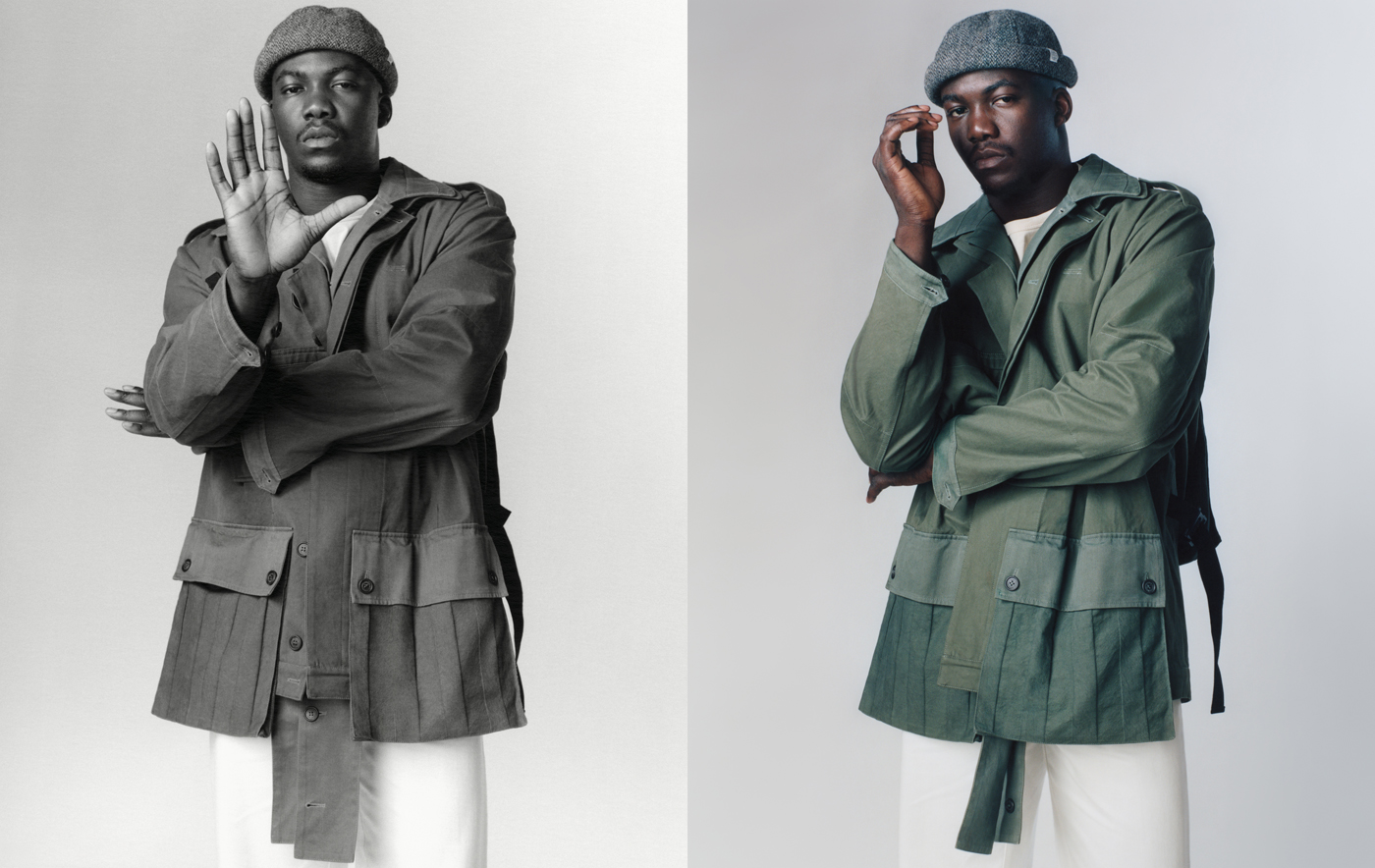
A gut is an important thing when the truth of your work is paramount. Against convention—and the advice of his management—he’s cut entire songs from his sets if he can’t believably realize them on stage. “I know it resonates with so many people, but I’m just like, ‘I can’t sing these words, ever again,’” says Banks. “Everyone’s like, ‘You should’ve performed that.’ Mm, no. Just no. I will not sing those words. It’s not that it’s poor, it’s that it’s no longer my truth.”
Sometimes that truth can be just as elusive as the artist seeking it. Instances of real happiness are cherished by Banks, who records each one in his phone as much for his spirit as for his craft. “I alway try to document every moment where I felt content,” Banks says, flipping through a note on his phone. “I always try to write it down, the exact moment where that happened. It doesn’t always happen. I think I had about six in the last year. It’s just a single moment. The next day it could be, ‘Fuck everybody! Fucking cunts.’ But it’s just a single moment when it’s just bliss. I just want to hold onto this for a little longer.”
Even a tired Banks—and Banks is tired—is a live wire, attuned to the energies around him and, with a wry eye, ready to speak boldly about his passions and drive a smile out of those near to him.
Despite the sometimes “torture” of getting his gut to agree with his mind, Banks is willing to put in the indefinite, precious time for everything to be just right. “The music will come,” he affirms. “Something will come. It could be shit, but there will be something. I’m trying to stay open.”
Jacob Banks performs tonight at Bowery Ballroom, New York, and tomorrow at Rough Trade, Brooklyn.
- By
- Zachary Sniderman
- Photography by
- Andrew Vowles
Styling by Jason Hughes at LGA Management. Grooming by Roxane Attard. Photographer’s assistants: Willow Williams and Mark Simpson. Stylist’s assistant: Nathan Henry. Production by Rosco Production.
